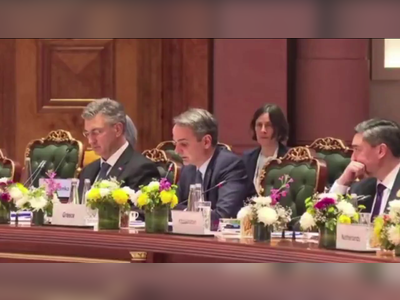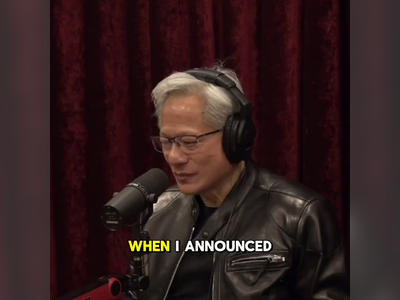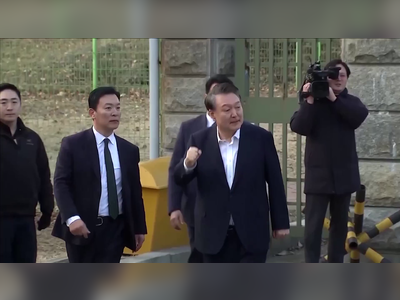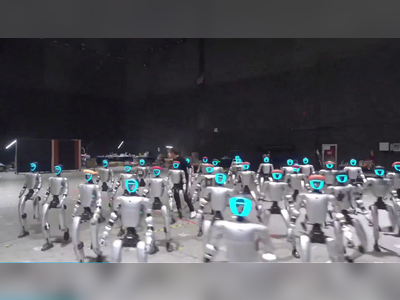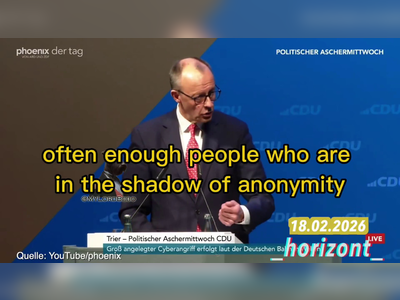
Budapest mayor makes waves with stance
Gergely Karacsony said that there is room for an increase in exchanges between Taiwan and Hungary, as many Hungarians are critical of China
Budapest Mayor Gergely Karacsony is making waves as a thorn in Beijing’s side when it comes to human rights, despite his nation’s emergence as one of China’s staunchest EU allies under Hungarian Prime Minister Viktor Orban.
In June, thousands of people flooded the streets of Hungary’s capital to protest a plan to establish a satellite campus of Shanghai’s Fudan University, which the BBC reported would cost more than the Orban government’s entire 2019 budget for higher education.
Karacsony, a member of the opposition Dialogue for Hungary, moved to scupper the plans by renaming streets near the planned site with names politically unpalatable to Beijing.
It is no surprise that the man responsible for “Dalai Lama Street,” “Free Hong Kong Road” and “Uyghur Martyrs’ Road” is also a supporter of closer ties with Taiwan.
In a recent e-mail interview, Karacsony talked up the potential for increased exchanges between Taiwan and Hungary, saying that many Hungarians are critical of China.
“I am sure that a lot of that has to do with China’s oppressive actions in Xinjiang, Hong Kong, and its aggressive moves in the South China Sea and beyond,” he said.
Karacsony, who was elected mayor in 2019 on a five-party slate, but who recently withdrew from a primary race for prime minister, said that new studies suggested that half of Hungarians were critical of China, with another 25 percent “undecided” or “hesitant.”
Even though Hungary has “rightly” cultivated a closer working relationship with China since the fall of the Berlin Wall, Karacsony is critical of the manner in which the Orban government has “massively scaled up its engagement” with Beijing.
“In this new China policy, there is no criticism whatsoever of China’s current human rights record, its unilateral actions and violations of international norms,” he said.
The cultivation of deeper ties with China under Orban’s “Eastern Opening” policy was “not really popular — not even among pro-government voters,” Karacsony said.
Karacsony said that “education, technology and digitalization, and environmental protection are certainly areas where we would welcome more cooperation” with Taiwan.
“We also want to strengthen people-to-people ties, and welcome more Taiwanese visitors,” he said.
Should Orban’s Fidesz party lose in an election next year, Karacsony said that any new government should support Taiwan’s participation in international organizations and agencies such as the WHO and the International Civil Aviation Organization.
“I think Taiwan’s participation in international platforms should be welcome in all those crucial areas when this participation would have a tangible positive impact for the international community,” he said.
In June, thousands of people flooded the streets of Hungary’s capital to protest a plan to establish a satellite campus of Shanghai’s Fudan University, which the BBC reported would cost more than the Orban government’s entire 2019 budget for higher education.
Karacsony, a member of the opposition Dialogue for Hungary, moved to scupper the plans by renaming streets near the planned site with names politically unpalatable to Beijing.
It is no surprise that the man responsible for “Dalai Lama Street,” “Free Hong Kong Road” and “Uyghur Martyrs’ Road” is also a supporter of closer ties with Taiwan.
In a recent e-mail interview, Karacsony talked up the potential for increased exchanges between Taiwan and Hungary, saying that many Hungarians are critical of China.
“I am sure that a lot of that has to do with China’s oppressive actions in Xinjiang, Hong Kong, and its aggressive moves in the South China Sea and beyond,” he said.
Karacsony, who was elected mayor in 2019 on a five-party slate, but who recently withdrew from a primary race for prime minister, said that new studies suggested that half of Hungarians were critical of China, with another 25 percent “undecided” or “hesitant.”
Even though Hungary has “rightly” cultivated a closer working relationship with China since the fall of the Berlin Wall, Karacsony is critical of the manner in which the Orban government has “massively scaled up its engagement” with Beijing.
“In this new China policy, there is no criticism whatsoever of China’s current human rights record, its unilateral actions and violations of international norms,” he said.
The cultivation of deeper ties with China under Orban’s “Eastern Opening” policy was “not really popular — not even among pro-government voters,” Karacsony said.
Karacsony said that “education, technology and digitalization, and environmental protection are certainly areas where we would welcome more cooperation” with Taiwan.
“We also want to strengthen people-to-people ties, and welcome more Taiwanese visitors,” he said.
Should Orban’s Fidesz party lose in an election next year, Karacsony said that any new government should support Taiwan’s participation in international organizations and agencies such as the WHO and the International Civil Aviation Organization.
“I think Taiwan’s participation in international platforms should be welcome in all those crucial areas when this participation would have a tangible positive impact for the international community,” he said.
AI Disclaimer: An advanced artificial intelligence (AI) system generated the content of this page on its own. This innovative technology conducts extensive research from a variety of reliable sources, performs rigorous fact-checking and verification, cleans up and balances biased or manipulated content, and presents a minimal factual summary that is just enough yet essential for you to function as an informed and educated citizen. Please keep in mind, however, that this system is an evolving technology, and as a result, the article may contain accidental inaccuracies or errors. We urge you to help us improve our site by reporting any inaccuracies you find using the "Contact Us" link at the bottom of this page. Your helpful feedback helps us improve our system and deliver more precise content. When you find an article of interest here, please look for the full and extensive coverage of this topic in traditional news sources, as they are written by professional journalists that we try to support, not replace. We appreciate your understanding and assistance.





